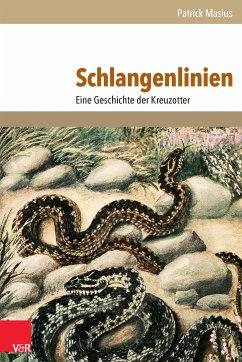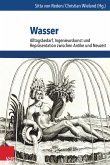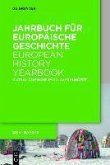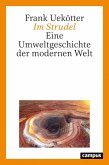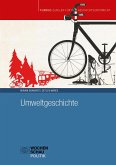Most animals carry certain meanings framed by our cultural understanding. They are characterized in terms of usefulness, beauty, behavior etc. In the history of the only poisonous snake in Germany a significant change of perception can be shown. The Common Viper, first identified by zoologists in the 18th century became feared as a deadly monster. From 1900 onwards even state eradication programs were launched. With the rise of nature conservation, ideas about this snake slowly started to change. National persecution was officially stopped in 1930 and even aesthetic aspects were discovered. By the 1970s the Viper was not perceived as dangerous anymore but - on the contrary - as an endangered species. Explaining the way of how the cultural meaning in history developed, reveals fundamental aspects of where this meaning depends on. The answer lies not so much in a progression of knowledge, but more so in changing relations to the environment, materially and ideologically.
Dieser Download kann aus rechtlichen Gründen nur mit Rechnungsadresse in A, B, BG, CY, CZ, D, DK, EW, E, FIN, F, GR, H, IRL, I, LT, L, LR, M, NL, PL, P, R, S, SLO, SK ausgeliefert werden.

